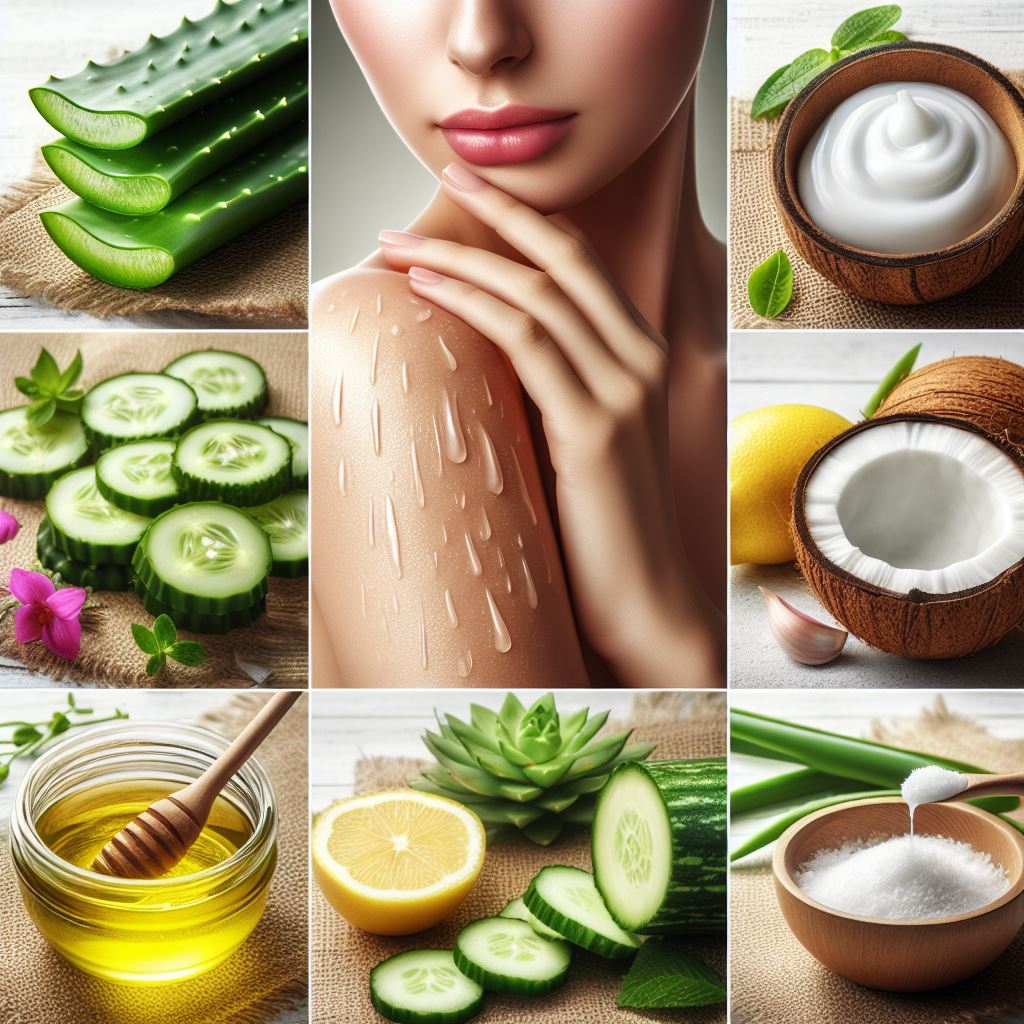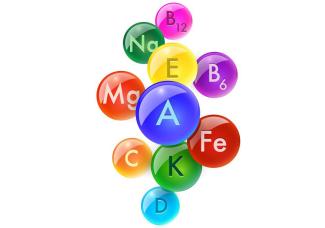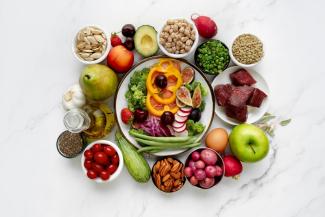
Achieving tighter skin typically involves a combination of lifestyle changes, skincare practices, and, in some cases, medical procedures. Here are some methods you can consider to help tighten your skin:
- Stay Hydrated: Proper hydration is essential for healthy skin. Drink an adequate amount of water daily to keep your skin hydrated from within.
- Eat a Balanced Diet: A diet rich in vitamins, minerals, and antioxidants can help improve skin elasticity. Include foods like fruits, vegetables, lean proteins, and healthy fats in your diet.
- Exercise Regularly: Regular exercise can improve blood circulation, which may promote skin health and elasticity. Strength training exercises can also help tone muscles, which can indirectly improve the appearance of skin.
- Avoid Smoking and Excessive Alcohol: Smoking and excessive alcohol consumption can accelerate skin aging and reduce elasticity. Quitting smoking and moderating alcohol intake can have a positive impact on your skin.
- Sun Protection: Sun exposure can damage collagen and elastin fibers in the skin, leading to sagging. Always use sunscreen when going outdoors, wear protective clothing, and use sunglasses and a wide-brimmed hat to shield your skin from the sun's harmful rays.
- Skincare Routine: Establish a skincare routine that includes cleansing, exfoliating, moisturizing, and using products with ingredients like retinol, hyaluronic acid, and peptides. These ingredients can help improve skin texture and firmness.
- Collagen Supplements: Some people opt for collagen supplements, which may help support skin elasticity. However, the effectiveness of these supplements varies, and it's essential to consult a healthcare professional before taking them.
- Topical Creams and Serums: Certain topical products may contain ingredients like vitamin C, vitamin E, or peptides that can help improve skin elasticity and firmness. Consult a dermatologist for recommendations.
- Microdermabrasion and Chemical Peels: These cosmetic procedures can help exfoliate the skin's outer layer and stimulate collagen production, leading to improved skin tightness. They should be performed by trained professionals.
- Radiofrequency and Laser Treatments: Non-invasive procedures like radiofrequency therapy and laser treatments can stimulate collagen production and tighten the skin. These treatments are usually performed by dermatologists or licensed practitioners.
- Surgical Options: In cases of severe sagging skin, surgical procedures like facelifts or tummy tucks may be considered to remove excess skin and provide a tighter appearance. Consult with a board-certified plastic surgeon for more information.
Remember that achieving tighter skin can take time and consistency. Results may vary from person to person, and it's essential to be patient and realistic about the outcomes you can achieve through various methods. Consult with a dermatologist or healthcare professional for personalized advice and recommendations based on your specific skin type and concerns.
What types of vitamins do we know?
Vitamins are essential organic compounds that our bodies require in small amounts to function properly. They play various roles in maintaining good health and are typically obtained through a balanced diet, as the body often cannot produce them in sufficient quantities. There are several different types of vitamins, which can be categorized into two main groups: water-soluble vitamins and fat-soluble vitamins. Here's a brief overview of the major types of vitamins:
Water-Soluble Vitamins:
What is the best natural treatment for ear infections?
Ear infections can be quite painful and should be evaluated by a healthcare professional, especially if the infection is severe, recurring, or affecting a child. However, some natural remedies may help alleviate symptoms or support the healing process alongside medical treatment. Always consult with a healthcare provider before trying any natural remedies for ear infections. Here are a few options to consider:
Superfood quinoa and its benefits
Quinoa (pronounced "keen-wah") is a plant and food grain that originates from South America, primarily the Andean region. It is one of those foods that have gained worldwide popularity due to its numerous health benefits. Quinoa is often described as a "superfood" because of its high nutritional value. Here's a detailed description of quinoa, how to use it, and its benefits:
Quinoa (Chenopodium quinoa):
Eggs have a positive effect on heart health as they contain unsaturated fats and important nutrients such as folate and omega-3 fatty acids
Eggs have been a subject of debate when it comes to their impact on heart health due to their cholesterol content. However, recent research has provided a more nuanced understanding of eggs' influence on heart health, suggesting that they can be part of a heart-healthy diet when consumed in moderation. Here are some of the ways eggs can have a positive effect on heart health:
The healthiest foods
Eating a healthy diet is essential for overall well-being. The healthiest foods are typically those that are nutrient-dense, providing a wide range of essential vitamins, minerals, antioxidants, and other beneficial compounds without excessive calories or unhealthy additives. Here is a list of some of the healthiest foods you can incorporate into your diet:








